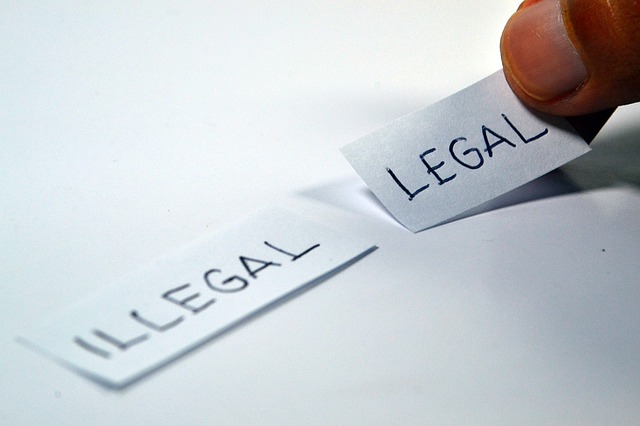CBD hemp oil and the law: It's complicated, here's an overview
By Joy Johnston
If you've been seeking an answer to whether CBD is legal and have been left confused, you're not the only one. You could read five articles from legitimate publications on the topic, and you'd come up with a mix of answers, from legal to illegal to it depends. Here's a breakdown of CBD's legal status. The focus here is on CBD products made from hemp.
The confusion comes from CBD's source, the cannabis plant, and the U.S. government's regulation of that plant. Even though hemp is distinct from marijuana, the law does not always make that distinction. Even the Drug Enforcement Administration (DEA) has publicly issued confusing and contradictory guidelines.
Below are some key points.
Federal law perspective: The 2014 Farm Bill and the equally-as-important 2004 court decision known as the Hemp Food Rules Challenge are often cited as justification to sell hemp-derived CBD products to all 50 states. The DEA was accused of issuing misguided directives and seizing what were legal hemp oil products, so the Hemp Industries Association sued the DEA for violating the 2004 ruling. After a mediation agreement, a May 2018 directive from the DEA attempted to clarify its position, which is being interpreted that hemp-based CBD products are considered to be from "exempt plant material" and are legal for production and sale. Read the Canna Law blog for a good overview.LEARN MORE: CBD hemp oil companies | CBD hemp oil reviews
State law perspective: Laws vary to what trace amount of THC, if any, is allowed in the product. If you want to dive deeper on how convoluted some of these state regulations can get, the
Idaho Statesman has a good article about the legal status of CBD in the state. In August 2018, two states (Alabama and Ohio) announced crackdowns on CBD products. Expect the CBD hemp market to continue to be unsettled when it comes to legal matters. A bill making its way through Congress now, the Hemp Farming Act of 2018, may help settle the matter on a federal level if passed. Before purchasing or using any CBD-based product, it's advised that you learn about your state's laws.
THC level is key: The Farm Bill mandates that industrial hemp can not have more than 0.3 percent THC concentration level. States that have legalized marijuana for medicinal or recreational purposes obviously allow for higher THC concentrations. Some states require that hemp oil products contain zero THC, so always check with your local jurisdiction for clarification.
Note that the FDA's approval of a CBD-based drug for epilepsy ironically could complicate other CBD products' legal status. Because CBD is now viewed as a drug by the government, it can no longer be marketed as a supplement, according to Consumer Reports. The government doesn't control supplements as tightly as it does drugs.
So if you wanted a simple answer to the question, "Is CBD legal?" you will be disappointed. Unfortunately, it's a very complex issue and in flux. The best advice is to research and understand the laws surrounding hemp-based CBD products in your jurisdiction before buying or consuming such items.
DISCLAIMER: I am not a lawyer, nor am I offering legal advice. Consult your local authorities to gain certainty on the legality of CBD products before purchasing.
